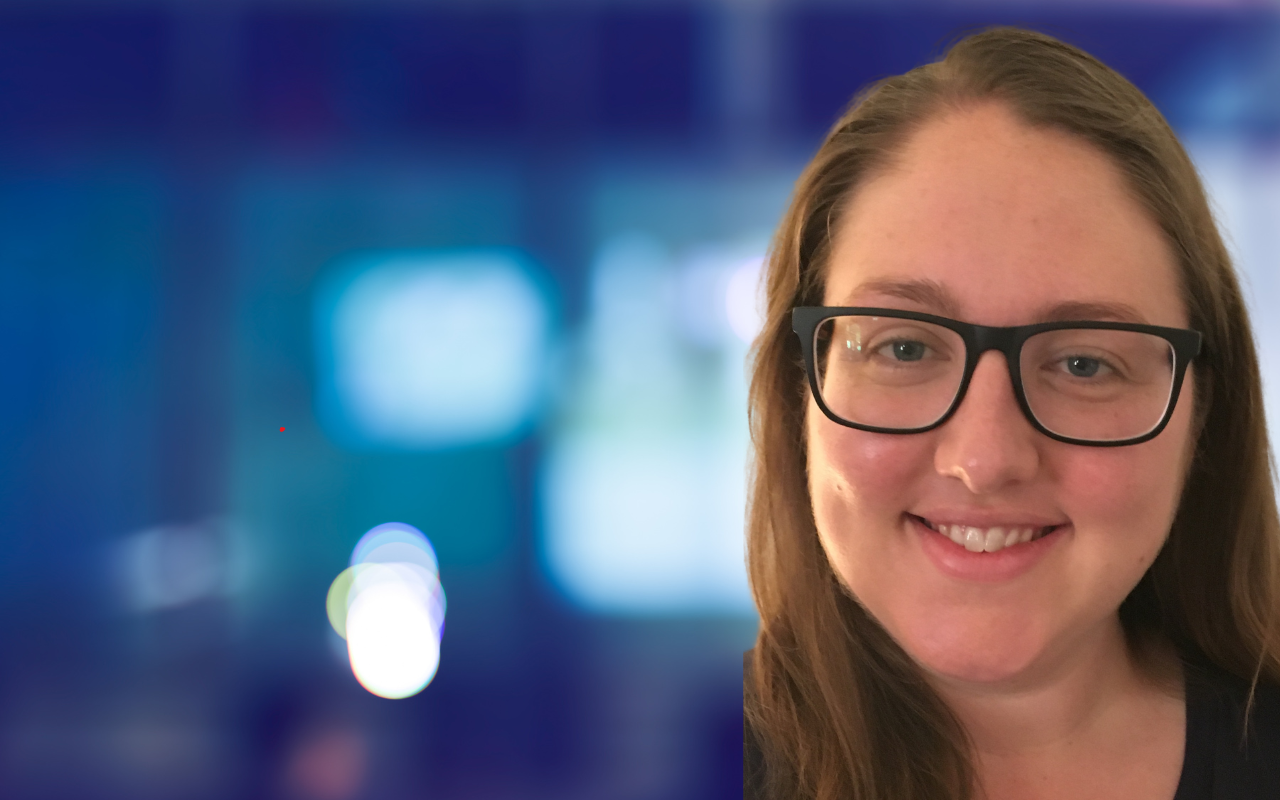The ongoing plague of mental health and wellbeing struggles within the medical profession is abundantly clear. Uncovering the severity of the problem is clearly no longer the problem — so what is?
There are many common milestones that line the path of a medical career; a collection of measurable and memorable moments from application, admission, and orientation to clinical rotations, examinations, graduations, and celebrations. Our own repeated movement through these and the everyday aspects of the job is shaped by our personal identities and experiences; those that connect us as people to our role as health care professionals within medicine’s community of practice. With such a high degree of influence on the lives of others, an increasing body of literature encourages us to direct person-centred care towards ourselves to manage our own wellbeing and create a safe and supportive professional environment. The idea that we cannot adequately care for others without caring adequately for ourselves is now formally featured in accreditation standards as well as the national code of conduct that governs good medical practice for all doctors in Australia.
We are told to access our own trusted health professionals. We are encouraged to maintain meaningful social relationships and ensure a sustainable work–life balance. We are taught to strengthen our ability to be resilient under pressure and to manage the inherent uncertainties of health care. However, while our own effortful commitment to personal and professional development is key to the success of modern medical practice, a reliance on individual attention towards them can prove far too simplistic and lead to further personal harm if they are superficially defined and applied to all medical students and practitioners.

In my own experience as a neurodivergent woman and doctor, it wasn’t until I added the role of “parent” to that of “professional” that I truly began to realise the extent to which I had been reliant on my own perseverance and scaffolded routines to succeed in many ways. The additional mental load of compensating for inherent social and functional challenges never felt as overwhelming as it did when accompanied by sleep disruption, toddler tantrums, toilet training and a screaming newborn.
What had begun as rumbling anxiety and a well-practised ability to “please and appease” turned into crippling self-doubt and episodic depression; the severity of which would eventually outweigh my fear of asking for help when I was at the brink of mentally and physically falling apart. Although these early years of parenting were spent feeling desperately out of my depth, this was far from an unfamiliar experience as someone who found the transition into medical school both a source of self-directed freedom and a paradoxical introduction to preferences for accuracy, acronyms and absolutes in practice.
As earlier stated, there remains a responsibility for individuals to make reasonable adjustments to meet professional requirements; to find ways of navigating inherent caregiving responsibilities and the complex requirements of health care to engage with the dynamic nature of medicine. The questions that remain are: with such high professional rates of burnout in medicine, when does individual dedication and discomfort become intolerable psychological distress? And to what extent are our workplaces and medical culture also responsible for — and capable of — making reasonable adjustments to support the inherent dynamic nature of individuals? Despite an overwhelming agreement that both approaches should co-exist, there remains a clear gap between this and our current ability to manage the state of mental health and wellbeing in medicine.
For example, existing literature has reported on correlations between “extraversion” with improved wellbeing and an inverse relationship with higher levels of “neuroticism”. On the other hand, the medical profession has historically depended on objective biomedical data and detail-oriented clinical mastery over the valuing of and specific training in perceived “soft skills” like empathy, compassion, and sitting with the discomfort of vulnerability. Additionally, those who may require additional supports or skills to manage the undefinable scope of lifelong medical learning due to a neurodevelopmental disability can possess incredible strengths that lend themselves to innovation, complex problem-solving, and other dimensions of medical practice. I was undiagnosed for most of my career, and am now left managing the cumulative effects of whole-heartedly believing that “effort = achievement” in a culture that rewards attention-to-detail and routinely going above and beyond, while also requiring individuals’ struggles to remain below and within to maintain the professional status quo.
We now have a range of contemporary policies, legal frameworks, and workplace practices in place to protect the rights of individuals and a broad professional commitment made by doctors to do no harm and engage in evidence-based practice. However, there remains a range of inequities that continue to impact the health, safety and wellbeing of the medical profession, and influence the ways in which we prioritise resourcing, practical support and other structural provisions within medical learning and practice environments. Without formal attention and action, this will continue to contribute to the mental health crisis in medicine, which is requiring some to choose between a sustainable career and self-preservation.
This is certainly not a new problem, or one that only applies to my own identities, experiences or the situations that I’ve described here, or to the medical community alone. Nonetheless, it may hold some answers as to why — despite years of doing everything and anything to navigate a medical career — some individuals feel so stuck, so sick, or so at the ceiling of self-care efforts that the latter choice must be made.
Dr Kelly Valentin is a medical educator, senior academic, lifelong learner and parent-of-three with an interest in educational theory, medical student wellbeing, professional identity formation and inclusion in medicine
The statements or opinions expressed in this article reflect the views of the authors and do not necessarily represent the official policy of the AMA, the MJA or InSight+ unless so stated.
Subscribe to the free InSight+ weekly newsletter here. It is available to all readers, not just registered medical practitioners.
If you would like to submit an article for consideration, send a Word version to mjainsight-editor@ampco.com.au.

 more_vert
more_vert
Love the commentary and insight! Really enjoyed reading your perspective as a grandparent and of course, your Dad!!